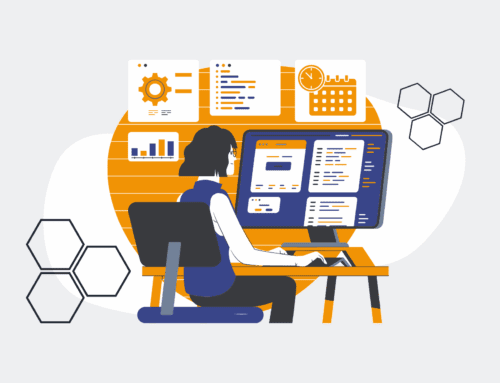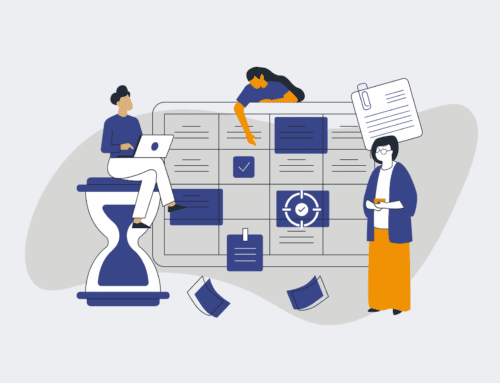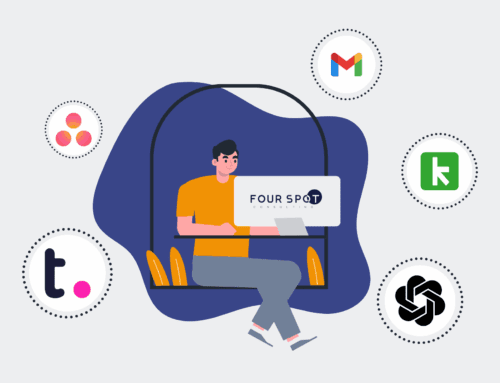Cost-Benefit Analysis: Is AI Resume Parsing Worth the Investment for Your Organization?
In today’s fiercely competitive talent landscape, organizations are perpetually seeking an edge. The sheer volume of applications for any given role can be overwhelming, turning what should be a strategic HR function into a grueling administrative burden. This is where the promise of AI resume parsing enters the conversation, offering a seemingly elegant solution to a persistent problem. But beyond the buzz, the critical question remains: is investing in AI resume parsing truly worth it for your organization?
At 4Spot Consulting, we understand that every technological adoption must be rooted in tangible business outcomes. It’s not about simply implementing AI; it’s about strategically deploying automation to eliminate bottlenecks, reduce costs, and free your high-value employees from low-value work. Let’s dissect the cost-benefit equation of AI resume parsing.
The Undeniable Costs of Manual Resume Screening
Before we weigh the benefits of AI, it’s crucial to acknowledge the hidden and overt costs of traditional, manual resume screening. Human recruiters, no matter how skilled, face inherent limitations. Reviewing hundreds, or even thousands, of resumes for a single opening is:
-
Time-Consuming: Each resume can take minutes to scan, aggregate into hours, then days, delaying time-to-hire.
-
Prone to Human Error and Bias: Subconscious biases can influence decisions, leading to missed qualified candidates or a lack of diversity. Fatigue can also lead to overlooking key details.
-
Inconsistent: Different recruiters might prioritize different criteria, leading to an inconsistent screening process across the organization.
-
Expensive: The opportunity cost of highly paid recruiters spending their valuable time on administrative tasks instead of strategic talent engagement is significant.
These inefficiencies don’t just slow down hiring; they impact candidate experience, brand reputation, and ultimately, your organization’s ability to attract and secure top talent.
The Tangible Benefits: Where AI Resume Parsing Delivers ROI
AI resume parsing is not just about converting a PDF into text; it’s about intelligent data extraction, categorization, and preliminary evaluation. When implemented strategically, the benefits can be substantial:
Dramatic Efficiency Gains and Reduced Time-to-Hire
AI can process hundreds of resumes in the time it takes a human to review a handful. This drastically speeds up the initial screening phase, allowing recruiters to focus on engaging with genuinely qualified candidates faster. For a high-growth company, cutting the time-to-hire by even a few days can mean the difference between securing a critical hire and losing them to a competitor.
Enhanced Accuracy and Objectivity
Unlike human reviewers, AI systems can be programmed to consistently identify specific keywords, skills, and experiences across all applications, reducing the likelihood of overlooking qualified candidates due to human error or fatigue. When properly configured, AI can also help mitigate unconscious bias by focusing strictly on predefined, objective criteria, promoting a more equitable hiring process.
Significant Cost Reduction
Automating the initial screening phase reduces the need for extensive manual labor, translating directly into operational cost savings. By optimizing recruiter time, your organization gets a higher return on its HR investment. Less time spent on administrative tasks means more time for strategic outreach, candidate relationship building, and overall talent strategy.
Scalability and Data-Driven Insights
As your organization grows, so does the volume of applications. AI parsing scales effortlessly, handling increased demand without a proportional increase in human effort. Furthermore, these systems generate valuable data on applicant pools, skill gaps, and hiring trends, offering insights that can inform future talent strategies and recruitment marketing.
The Investment Side: What to Consider
While the benefits are compelling, AI resume parsing is not a magic bullet. The “investment” involves more than just a software license fee:
Initial Software and Integration Costs
You’ll need to invest in a robust AI parsing solution. Crucially, this system must integrate seamlessly with your existing Applicant Tracking System (ATS) and other HR tech stack components. A disjointed system creates new bottlenecks rather than solving old ones.
Customization and Training
Generic AI parsing might not be enough. To be truly effective, the system may need to be customized to recognize the nuances of your specific industry, roles, and company culture. This might involve training the AI with relevant examples and fine-tuning its parameters.
Data Security and Privacy
Resume data is highly sensitive. Ensuring your chosen AI solution complies with data privacy regulations (like GDPR, CCPA) and has robust security protocols is paramount. A data breach could severely damage your reputation and incur significant legal costs.
The Need for Human Oversight and Strategic Implementation
AI is a tool, not a replacement for human judgment. Recruiters remain essential for qualitative assessments, cultural fit, negotiation, and candidate experience. The investment isn’t just in the tech, but in training your team to leverage AI effectively, ensuring human expertise guides and validates AI output.
Calculating the ROI with 4Spot Consulting
The “worth” of AI resume parsing isn’t just theoretical; it’s measurable. At 4Spot Consulting, we approach this through our OpsMap™ framework. We don’t just recommend technology; we diagnose your specific operational inefficiencies and design solutions with a clear line of sight to ROI.
For example, we helped an HR tech client save over 150 hours per month by automating their resume intake and parsing process using Make.com and AI enrichment, then syncing to Keap CRM. This wasn’t just about parsing; it was about creating a “single source of truth” for candidate data, eliminating manual errors, and freeing up their team to focus on strategic initiatives. The quote, “We went from drowning in manual work to having a system that just works,” encapsulates the core outcome.
Our approach ensures that your investment in AI resume parsing is part of a larger, cohesive automation strategy. We evaluate:
-
Current Operational Spend: How much time and money are currently being spent on manual screening?
-
Potential Time Savings: Quantify the hours saved by automation across your hiring volume.
-
Improved Quality of Hire: While harder to quantify immediately, better screening leads to better hires, reducing turnover costs.
-
Integration Synergy: How will this AI integrate with and enhance your existing systems, avoiding new silos?
In conclusion, for organizations grappling with high recruitment volumes and the associated costs of manual processes, AI resume parsing is very likely worth the investment. However, its true value is unlocked not by simply purchasing a tool, but by a strategic, well-planned implementation that integrates seamlessly into your broader operational framework. It’s about empowering your HR team to be more strategic, reducing human error, and accelerating your path to securing top talent.
If you would like to read more, we recommend this article: Mastering AI-Powered HR: Strategic Automation & Human Potential










